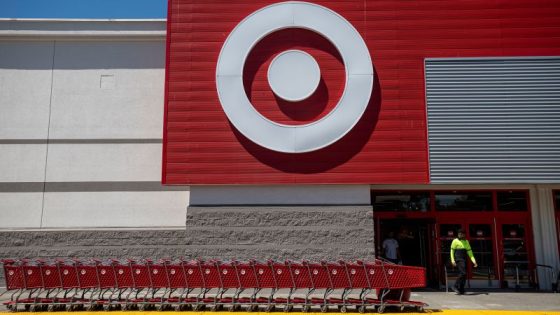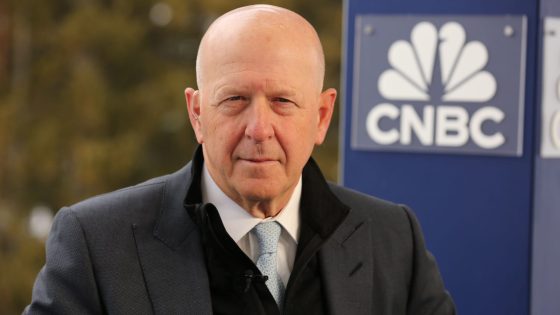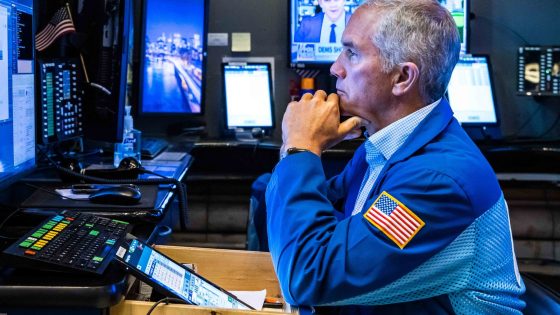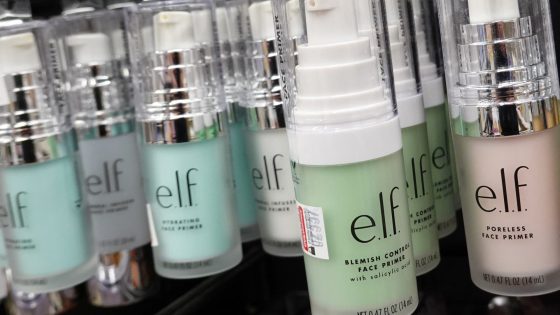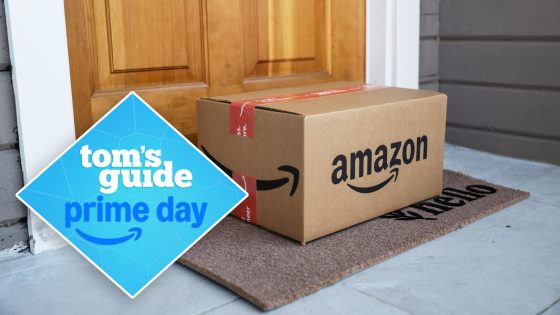Target CEO Brian Cornell’s upcoming departure marks a significant shift in the retail landscape. After 11 years leading the company, Cornell will step down on February 1, 2026, amid slumping sales and backlash over diversity initiatives.
- Target CEO Brian Cornell is stepping down.
- Michael Fiddelke will replace Cornell in 2026.
- Target faces slumping sales and competition.
- DEI program cuts angered supporters and customers.
- Target's merchandise heavily relies on discretionary items.
- Tariffs impact pricing more than competitors.
The retailer has struggled with declining sales for three consecutive quarters, as competition from giants like Amazon and Walmart intensifies. Analysts suggest that Target’s internal leadership transition, with COO Michael Fiddelke set to take over, reflects a need for fresh strategies to address these challenges.
As the retail environment evolves, how will Target adapt to changing consumer preferences and economic pressures? The implications of this leadership change could resonate globally, influencing market dynamics in various regions.
This transition raises questions about Target’s future direction. Will new leadership effectively revitalize the brand? The global retail sector is watching closely, as shifts in one major player can ripple across markets.
- Target’s struggles reflect broader retail Trends influenced by economic shifts.
- Leadership changes in major companies often signal strategic pivots that can impact global markets.
- Consumer behavior is increasingly leaning towards essential goods, affecting discretionary retailers.
- International competitors may capitalize on Target’s challenges to gain market share.
As Target navigates this transition, it will be crucial for the company to innovate and respond to consumer needs, setting the stage for potential recovery and growth in the global retail market.



